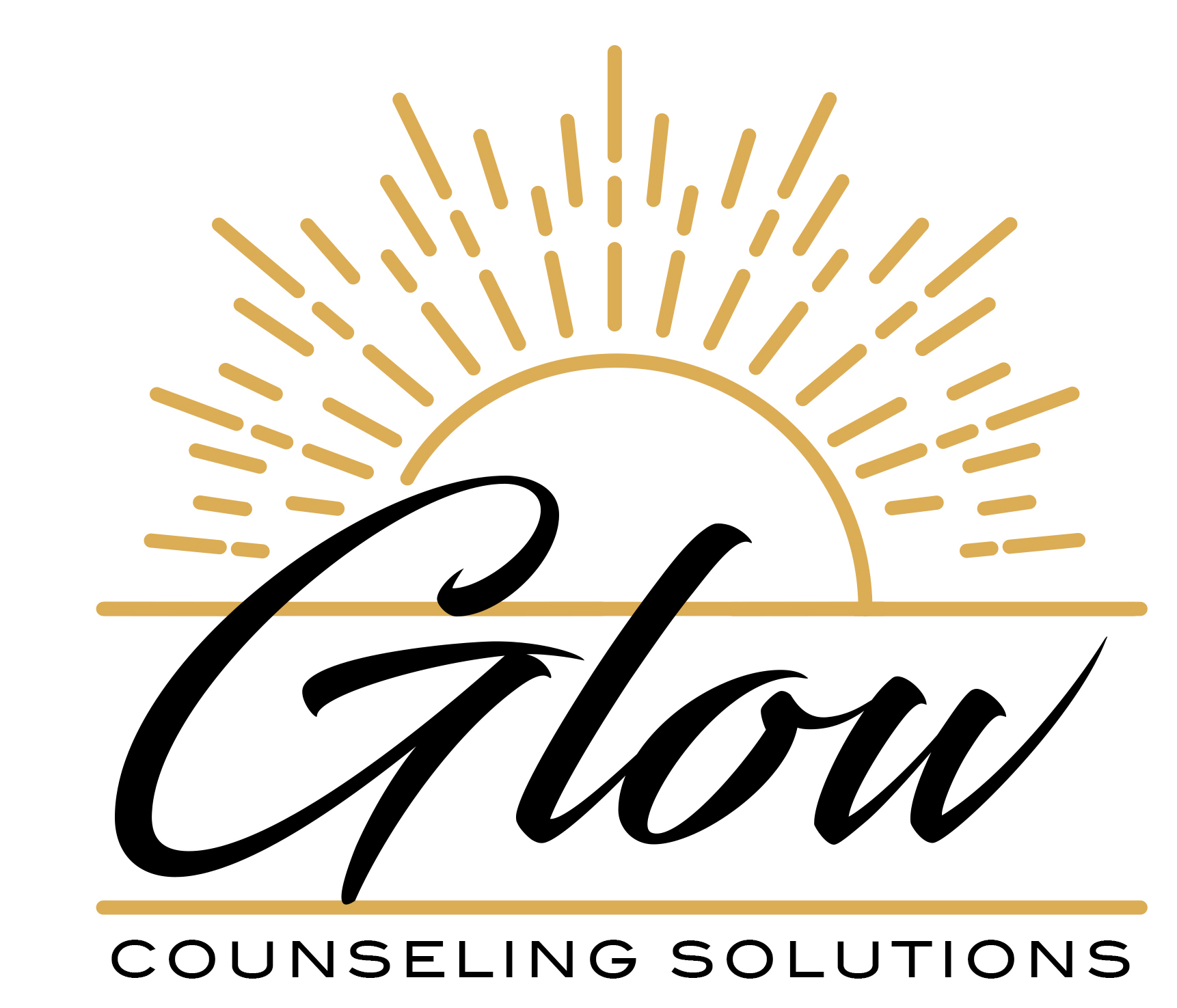What is depression?

Depression
Depression is like having a dark cloud hanging over you, casting a shadow on every aspect of your life. It’s more than just feeling sad or down; it’s a complex and often debilitating mental health condition that affects how you think, feel, and handle daily activities. Imagine waking up in the morning, and instead of feeling refreshed and ready to tackle the day, you feel a heavy weight on your chest, making it hard to even get out of bed.
At its core, depression is a mood disorder characterized by persistent feelings of sadness, hopelessness, and apathy. It’s like being trapped in a never-ending cycle of negative thoughts and emotions, where even the simplest tasks can feel overwhelming. It’s not just a passing mood or a temporary feeling of sadness; it’s a pervasive sense of despair that can linger for weeks, months, or even years if left untreated.
Depression Symptoms
Depression can manifest in a variety of ways, and its symptoms can vary from person to person. Some common symptoms include:
1. Persistent Sadness: Feeling sad or empty most of the time, even when there’s no obvious reason to feel that way.
2. Loss of Interest: Losing interest in activities you once enjoyed, such as hobbies, socializing, or work.
3. Changes in Appetite or Weight: Experiencing significant changes in appetite or weight, either eating more or less than usual.
4. Sleep Disturbances: Having trouble sleeping, either sleeping too much or too little, and experiencing restless or disrupted sleep.
5. Fatigue and Low Energy: Feeling constantly tired and lacking the energy to engage in even basic tasks.
6. Difficulty Concentrating: Struggling to focus, make decisions, or remember things.
7. Feelings of Worthlessness or Guilt: Feeling worthless, guilty, or ashamed, even when there’s no rational basis for these feelings.
8. Physical Symptoms: Experiencing unexplained physical symptoms such as headaches, stomachaches, or body aches.
9. Suicidal Thoughts: Having thoughts of death or suicide, or engaging in self-harming behaviors.
Living with depression can feel like you’re stuck in a dark tunnel with no way out. It’s a constant battle against your own mind, and it can be incredibly isolating and lonely. You might feel like you’re wearing a mask, pretending to be okay on the outside while struggling to keep it together on the inside.
One of the most challenging aspects of depression is the stigma surrounding it. Many people still view depression as a sign of weakness or a character flaw, rather than a legitimate medical condition. This can make it difficult for people struggling with depression to seek help or talk openly about their feelings, for fear of being judged or misunderstood.
However, depression is not a sign of weakness, and it’s not something you can just “snap out of.” It’s a real illness, with biological, psychological, and environmental factors that contribute to its development. Just like any other illness, it requires proper treatment and support to overcome.
Depression Treatment
Treatment for depression often involves a combination of medication, therapy, lifestyle changes, and support from loved ones. Medications such as antidepressants can help regulate neurotransmitters in the brain that are involved in mood regulation. Therapy, such as cognitive-behavioral therapy (CBT) or interpersonal therapy, can help you identify and challenge negative thought patterns and learn healthy coping strategies. Lifestyle changes, such as regular exercise, healthy eating, and stress management techniques, can also play a significant role in managing depression symptoms.
But perhaps the most important thing to remember about depression is that there is hope. With the right treatment and support, it is possible to manage depression and lead a fulfilling life. It may not be easy, and there will likely be ups and downs along the way, but recovery is possible. And most importantly, you are not alone. There are people who care about you and want to help you through this difficult time. So don’t be afraid to reach out and ask for help. You deserve to feel happy and healthy, and you are worth the effort it takes to get there.

